From Protest to Progress: Higher Education, Cities, and Racial Justice
2020
In the midst of the COVID-19 pandemic and myriad acts of racial violence in America, protests (of all types) have re-emerged as a common response to our social injustices and tensions.
Race and racism have also been highlighted as common threads that have defined how we understand and try to address broader issues of health equity and citizenship in America. While much of the recent discourse about health equity and racism has taken place on the national stage, many of the opportunities for change exist locally: elections for local officials, city budgets, and place-based advocacy from Community-Based Organizations.
During this virtual convening, participants explored the role higher education can play in supporting and facilitating transformative change in the cities and towns in which they exist. Speakers included representatives from philanthropic organizations, community organizers, and academics who have studied various forms of protests throughout history. Our hope is that this convening served as the beginning of a series of conversations at Vassar and beyond about how to transform our institutions in a way that allows for racial justice.
Panels and Lectures
Videos in this playlist
- Setting the Stage
- Racial Justice & Economic Development in the Hudson Valley
- Intergroup Dynamics: Leadership & Representational Groups
- Welcome and Introduction
- Vassar Faculty Panel: The History of Social Movements and the Fight for Racial Justice
- Fireside Chat—Meeting the Moment: Philanthropy, Higher Education, and Racial Equity
- Anchor Institutions and a Racial Justice Framework
- Closing Remarks
Presenters
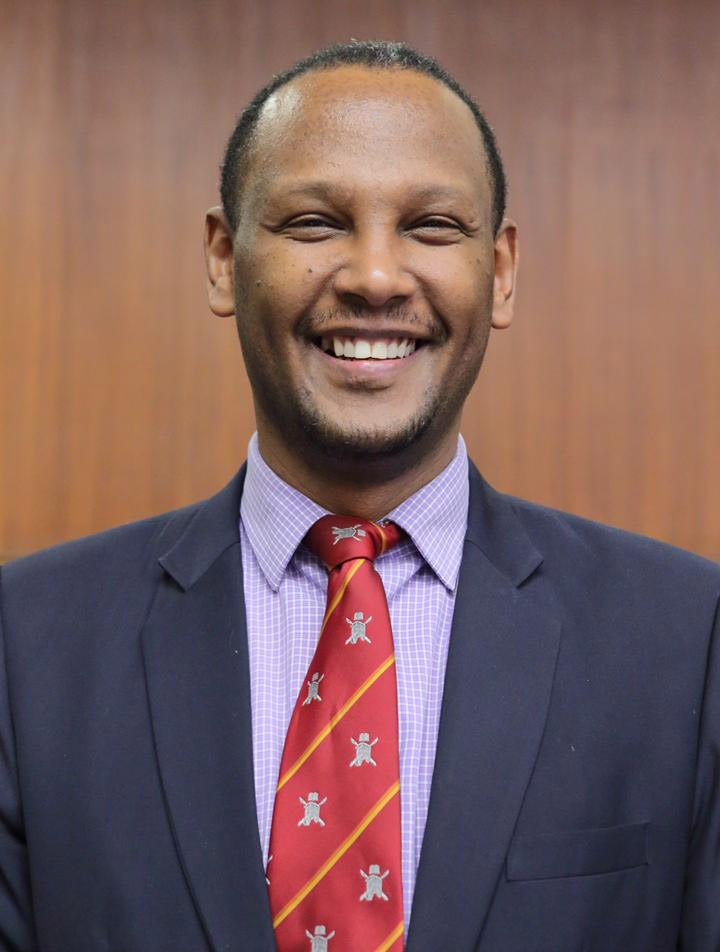
Dr. Abebe Bekele
Dean of the School of Medicine at the University of Global Health Equity (UGHE)

David N. Berg
Clinical Professor in Psychiatry and Lecturer, College Seminar Program, Yale College
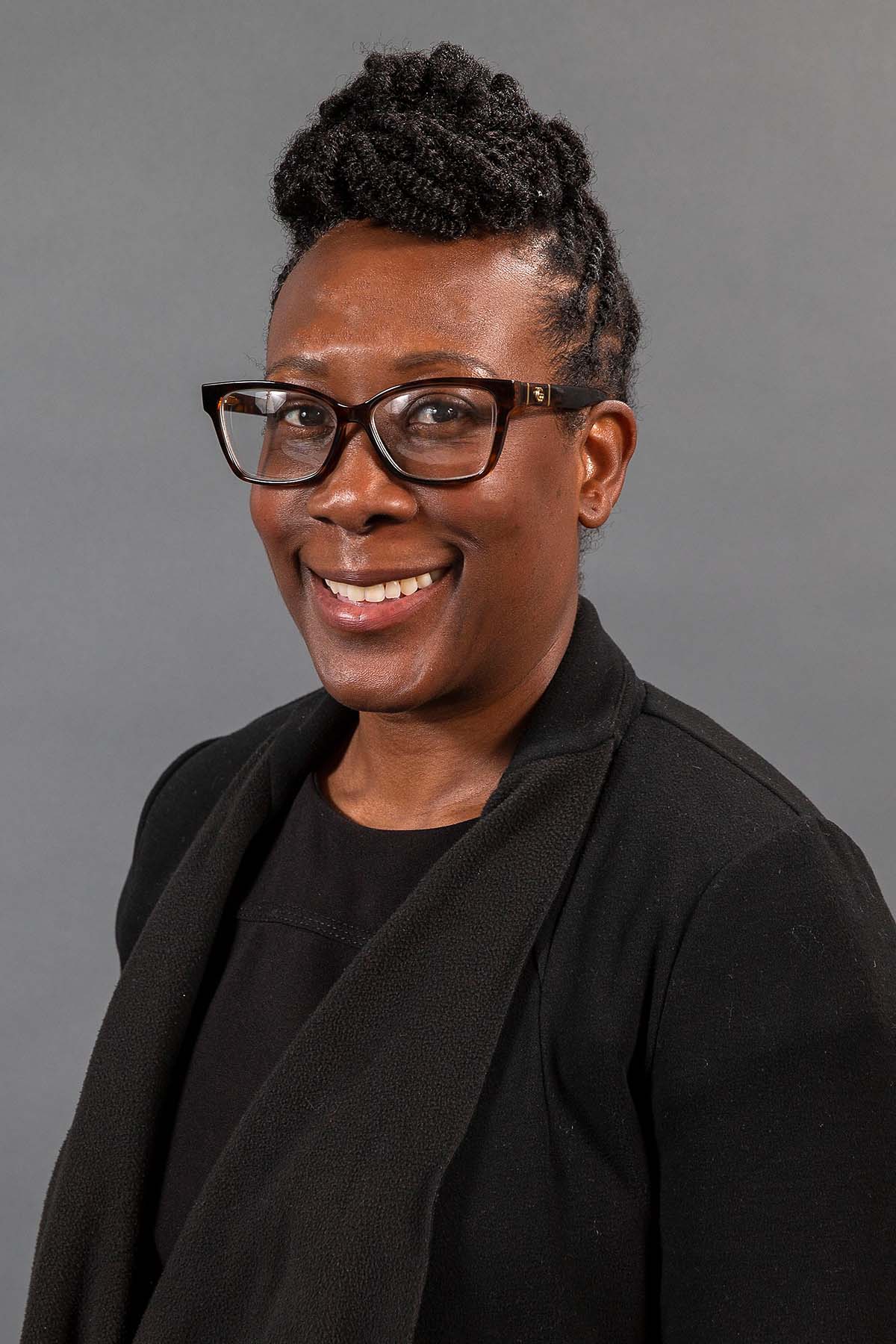
Kimberley Williams Brown
Associate Professor of Education
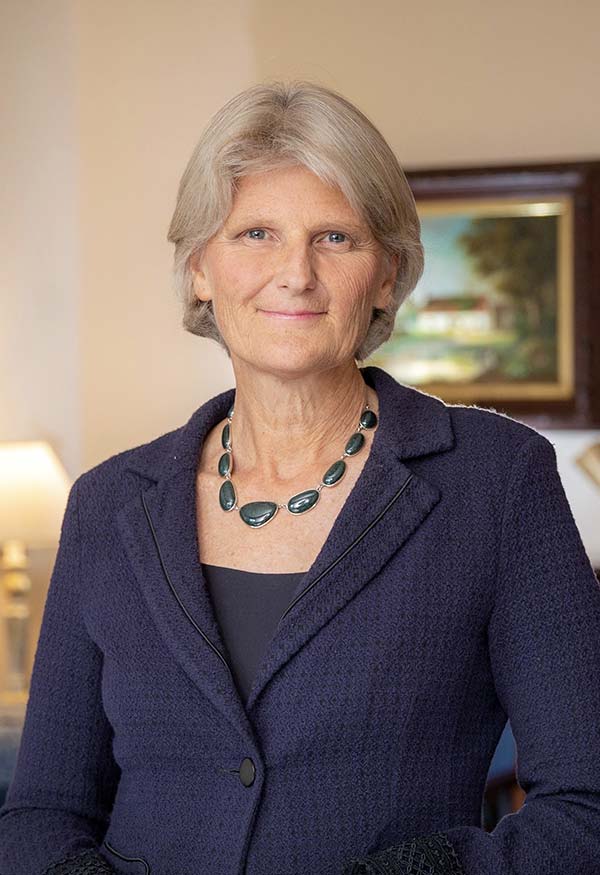
Dr. Elizabeth H. Bradley
President of Vassar College

Jennifer Ching
Executive Director of North Star Fund
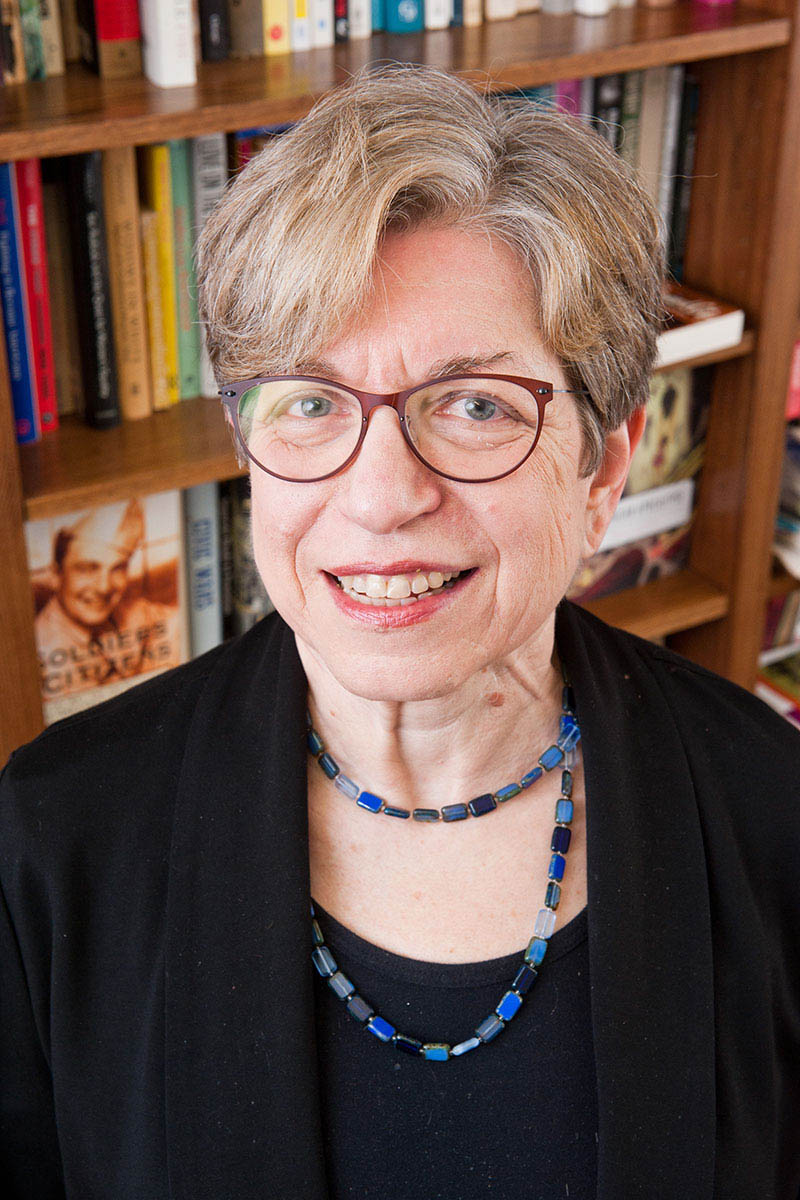
Miriam Cohen
Professor Emerita of History

Ashleigh Gardere
Executive Vice President of PolicyLink
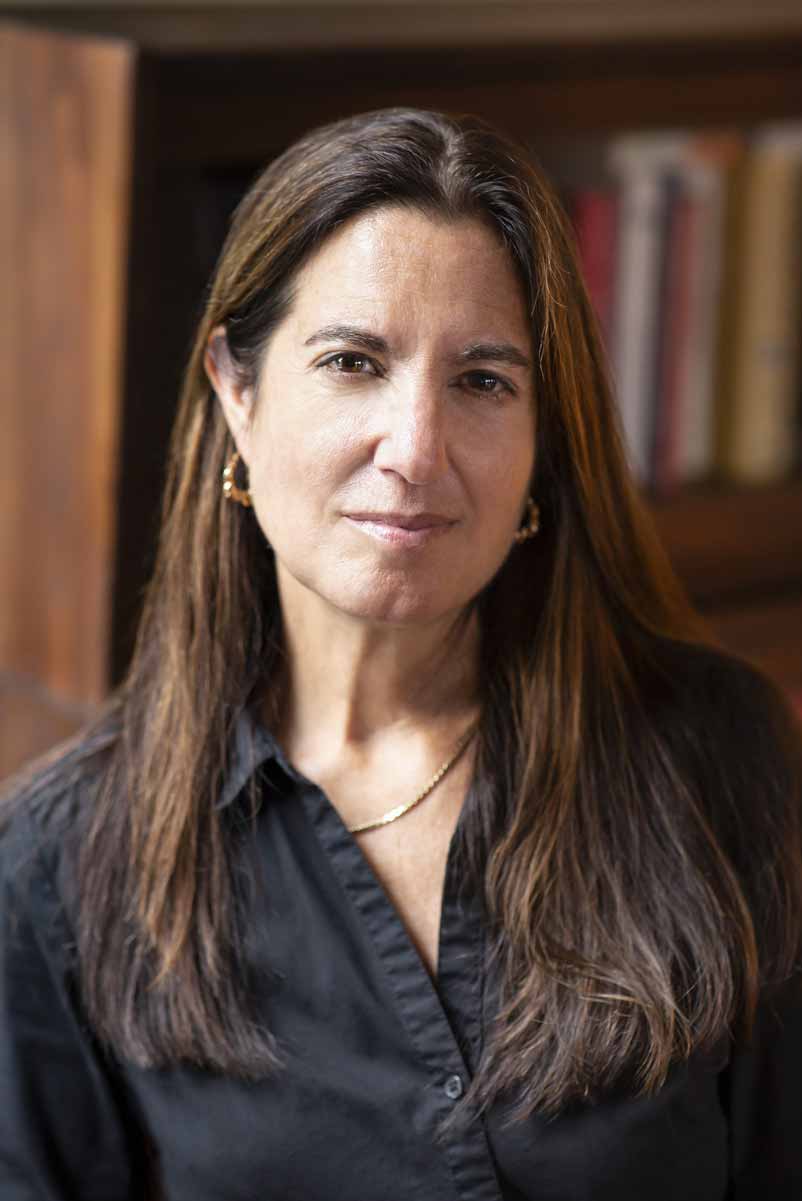
Katherine Hite
Professor of Political Science on the F. Thompson Chair and Director of International Studies

Jerry Maldonado
Director, Cities and States Program at Ford Foundation
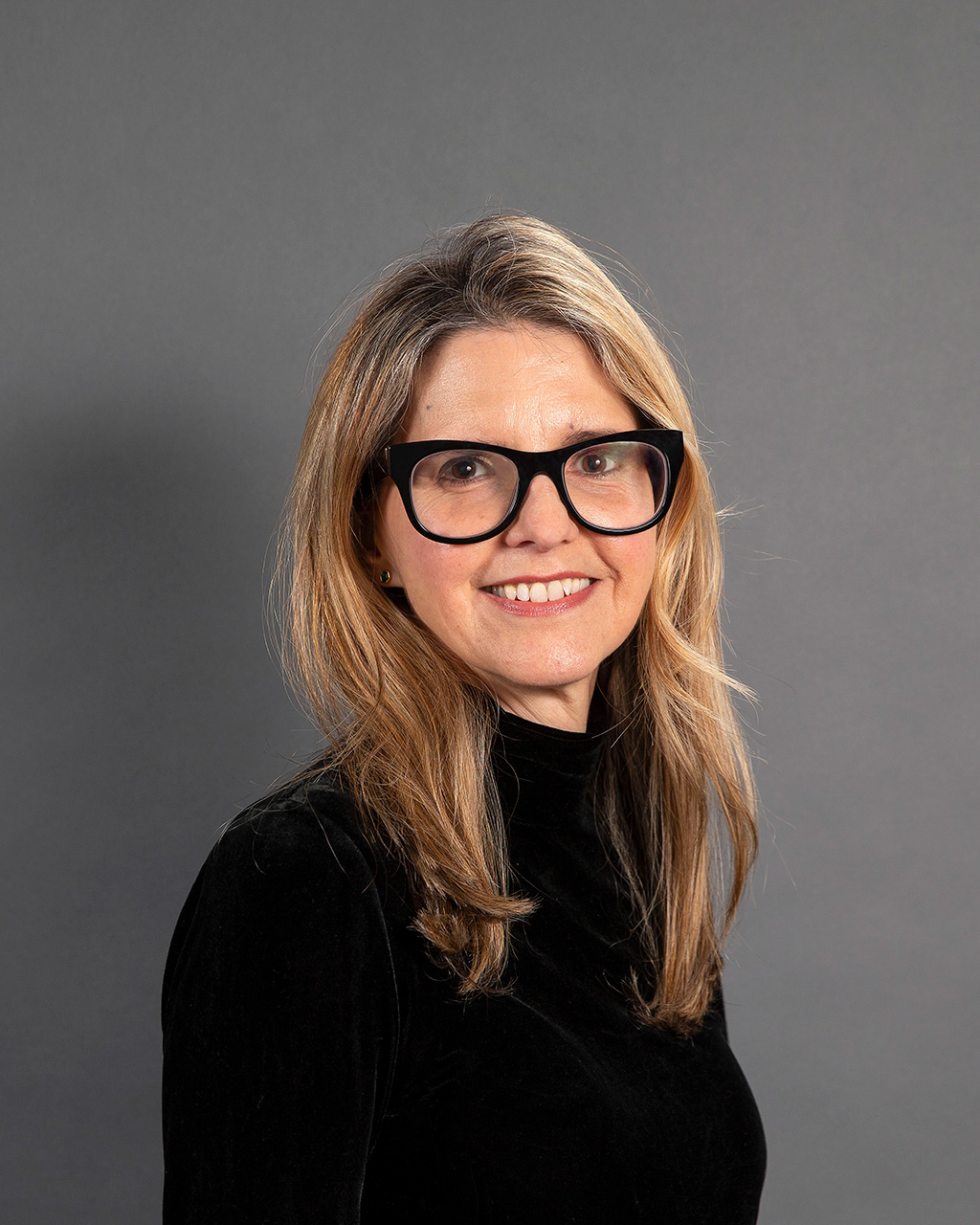
Eva Woods Peiró
Professor of Hispanic Studies
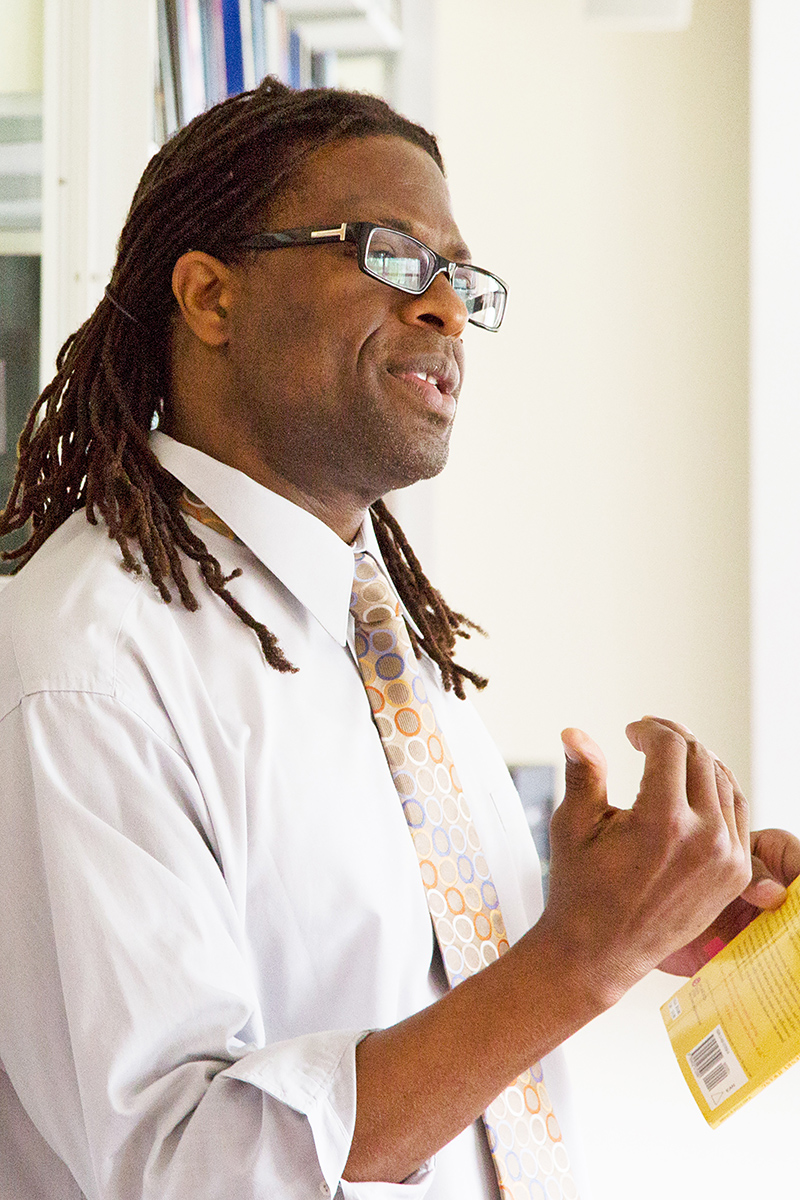
Tyrone Simpson
Associate Professor of English

Scot Spencer
Associate Director, Local Policy, The Annie E. Casey Foundation
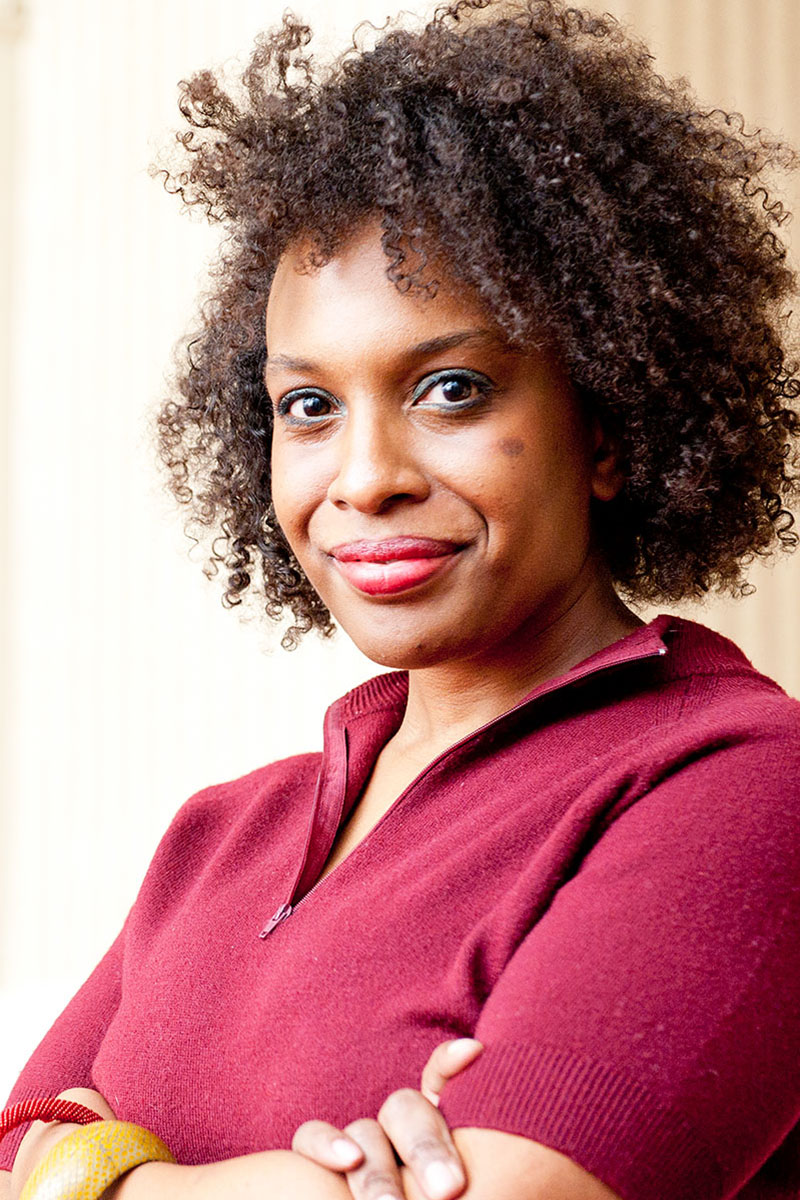
Jasmine Syedullah
Assistant Professor of Africana Studies
The programs and content presented at The Vassar Institute for the Liberal Arts do not necessarily represent the opinions of Vassar College or The Vassar Institute.
Join our mailing list! Sign up to get updates on programs and news from The Vassar Institute for the Liberal Arts.
The Vassar Institute for the Liberal Arts
165 College Avenue, Poughkeepsie, New York 12604
